WORCESTER, Mass. — Sarah Ahola was given little notice when the two pre-teen sisters she agreed to foster arrived at her home one Friday afternoon. She also didn’t have size-appropriate beds to accommodate the girls.
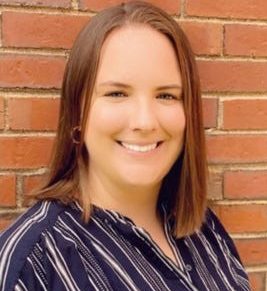
Sarah Ahola, project coordinator for Encompass, licensed social worker and foster parent. Courtesy photo.
“I had a tiny bit of a heads up when the girls would be coming to me, so I really wasn’t sure on the timing,” said Ahola. “I really didn’t have a lot of time to prepare. My last placement was a toddler, so I had a lot of stuff that wasn’t age appropriate and needed to prepare for them quickly.”
Luckily, Ahola’s friend who lived nearby came to the rescue. She helped her take the crib apart and brought her a spare twin bed. Others helped Ahola get school supplies, pajamas and other necessities for the girls. But not every foster parent is so lucky.
In a recent survey conducted by the Massachusetts Society for the Prevention of Cruelty to Children (MSPCC), 50% of foster parents say they only receive support from family, friends and neighbors during emergencies, and 17% say they never receive regular support.
It was this finding that inspired the MSPCC to join with professionals and child welfare organizations to develop “Encompass,” a foster parent support program designed for parents and families in the Worcester area.
According to the MSPCC, as of June 2020, there were 8,414 children living with foster families in every community throughout Massachusetts – including more than 1,500 in the Greater Worcester area.
Encompass is a support network for foster parents that connects them with peer support trauma coaches — who are foster parents themselves —and care packages that can include items such as school supplies, pajamas and diapers.
The MSPCC is also recruiting volunteers to babysit, do yard work and even provide meals to foster parents.
According to Mary McGeown, the president of the MSPCC, foster parents often feel isolated because the community doesn’t know how to address their needs.
“We hear that story a lot from foster parents, that the invitations begin to slow down,” she said. “Everyone else is getting together formally or in groups, but because their family makeup is a bit different, they don’t get as many invitations.”
McGeown added that the main reason a foster parent may reject a placement is because of the child’s behavioral health needs. It can take up to six months for foster parents to get behavioral health services for the children, which is a gap that Encompass aims to bridge. The organization is recruiting experienced foster parents and kinship families from the Worcester Department of Children and Families offices to provide peer coaching to foster parents.
“We identify former foster parents, train them, and now they are coaches for other foster parents,” said McGeown. “[The coaches are] really working with foster parents one-to-one saying ‘what behaviors are you seeing in your child?’ and then helping them develop the skills so they can help the child cope with the overwhelming feelings that trauma can bring.”
Right now, the Encompass program is in its pilot year. A $450,000 grant from the Health Foundation of Central Massachusetts (HFCM) will support the program for five years: a year of planning, a pilot year and three years of testing. The MSPCC plans on expanding the program throughout the state.
If you are interested in volunteering with Encompass, please go to: https://www.mspcc.org/encompass/.


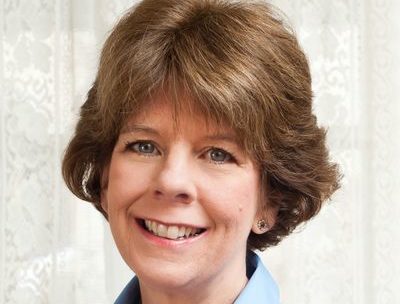

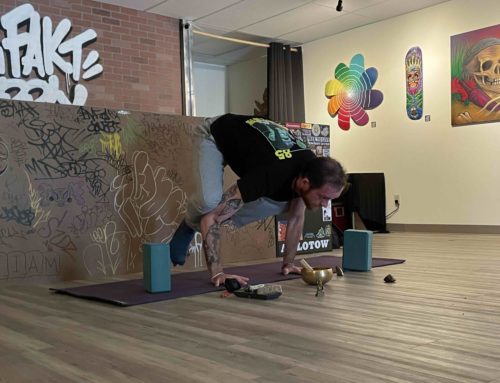
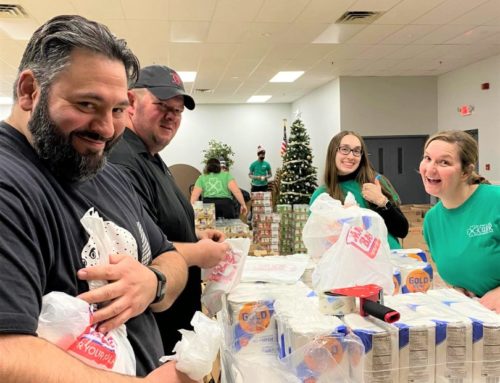
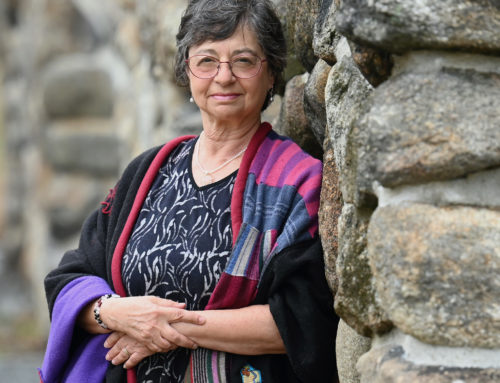
Leave A Comment